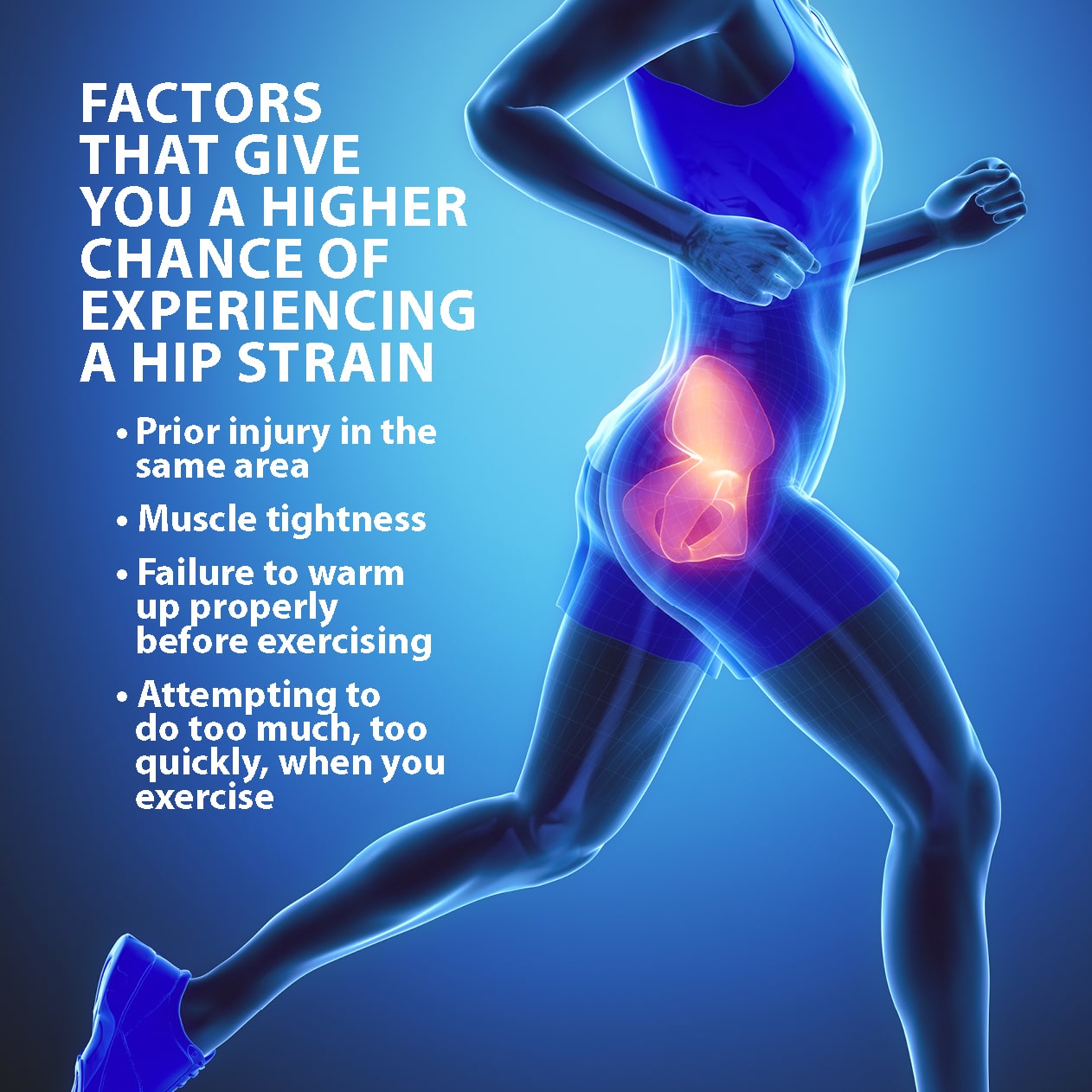Muscle strains are a common injury, particularly among athletes. While most muscle strains can be treated at home, some may require the care of a doctor. There are three types of muscle strains: Grade I, Grade II, and Grade III. Grade I and II strains are considered minor, and usually heal within a few weeks with rest, ice, and over-the-counter pain medication. Grade III strains are more severe, and may require the care of a doctor or other medical professional. If you think you may have a muscle strain, it is important to seek medical care if you experience any of the following: – severe pain – difficulty walking or moving the affected limb – bruising or swelling – muscle weakness – cramping If you have a muscle strain, your doctor will likely recommend a combination of rest, ice, and physical therapy. In some cases, they may also prescribe medication to help relieve pain and inflammation.
Aspiration and lavage are guided by an ultrasound system in order to treat Carpal Tunnel Syndrome and Calicific Trauma. Fibromyalgia, sacroiliitis, sports hernia, and Ulnar nerve transposition are examples of neurological muscle weakness, mild numbness of the lower back, and pain in the back. Arthritis in the knees, frozen shoulder, shoulder subluxation, cartilage injury, osteoporosis, Patellar tendon tears, and leg length discrepancies are just a few examples of symptoms.
A neurologist is a medical professional who specializes in the diagnosis and treatment of neurological diseases of the brain, spinal cord, peripheral nerves, and muscles.
Who Can Diagnose A Muscle Strain?

A doctor will perform a physical examination on the patient in order to rule out a muscle strain. X-rays and imaging studies, in addition to imaging studies, may be ordered to ensure that the bone is not broken. A doctor will typically classify a grade 1, 2, or 3 strain as the source of the injury.
A muscle strain, muscle pull, or even a muscle tear are all terms that refer to damage to a muscle or its tendons. It could be as simple as tearing (part or all) the muscles’ tendons and fibers. You should consult your doctor if you hear popping noises, cannot walk, or experience significant swelling, pain, fever, or open cuts. If the swelling or local bleeding occurs in the muscle, ice packs should be applied and the muscle should be held in a stretched position as soon as possible. It is best to seek medical attention for more complicated cases. In addition, the doctor will determine the severity of the injury as well as the extent of the muscle and tendon damage.
If you have swelling, bruising, or pain with movement or are unable to bear weight or use your foot, see your doctor as soon as possible. The condition of a muscle can lead to very serious outcomes.
What Is A Doctor Who Specializes In Muscles Called?

Orthopedists are skilled in the treatment of the mus musclain system.
Muscular dystrophy (MD) is a type of complex disease that causes muscle weakness and mass loss in the body. MD is treated by doctors who specialize in neurology, cardiology, and bone health. MD can affect a wide range of organs and systems in the body, including the heart, lungs, and digestive system, among others. According to Dr. Elman, patients suffering from muscular dystrophy must maintain a healthy weight in order to live a full and active life. A registered dietitian nutritionist frequently collaborates with other disciplines in the medical field. At the age of ten, Duchenne and Becker muscular dystrophies patients should begin to have their hearts evaluated. The medical team may include neurologists, orthopedists, and physical therapists.
People who have pain may benefit from pain management services as well. A genetic counselor or social worker may be able to assist you in learning about diseases as well as getting the resources you require. A primary care doctor will be required for people with muscular dystrophy. As part of the medical team, a respiratory therapist and a pulmonologist collaborate. Complications in the respiratory system can often lead to death or illness. If you are suffering from depression or anxiety, the use of a psychologist or psychiatrist may be beneficial. If you have muscular dystrophy, you should consult a speech and language pathologist, social worker, or other specialist to diagnose swallowing problems. Dysphagia, or difficulty swallowing, can cause dehydration, malnutrition, and weight loss, among other things. The Muscular Dystrophy Association provides a list of specialized treatment centers.
Orthopedic Surgeons: The Experts In Musculoskeletal Pain
Fractures in the ambularies are diagnosed and treated by orthopedic surgeons, who are also experts in sports medicine. If you have muscle pain that you can’t explain, seeing one of these doctors may be worth your time. It is possible to locate the source of your pain and get relief from it using their services.
Muscle Strain Treatment
After an injury, apply ice to the strained muscle for the first few days. Anti-inflammatory drugs or acetaminophen (Tylenol) may also help to alleviate pain and swelling. Heat can be used to decrease pain as the pain level drops. Stretches and light exercises can also be beneficial in bringing blood to an injured area.
When your muscles are stretched or torn, a pulled muscle is the result. This is characterized by mild symptoms of soreness after intense workouts, or it can be so severe that it necessitates medical attention. Most muscle strains are minor and do not require medical attention. According to some health professionals, the PEACE and LOVE method is the most effective treatment for muscle strains. When you sustain an injury and are about to heal, you should use the PEACE approach. In the LOVE method, healing is performed more actively. There are very few risks associated with treating muscle spasms.
Muscle Strain Care
If you have muscle strain, it is important to seek medical care right away. Depending on the severity of your muscle strain, you may need to be seen by a doctor or other medical professionals. Once your muscle strain has been diagnosed, you will be given a treatment plan. This may include rest, ice, and heat therapy, as well as stretching and strengthening exercises.
When a muscle strain causes a player to miss time in the NFL, it is one of the most common causes. A muscle is surrounded by an outer sheath that allows it to move freely across the surrounding tissue. When a muscle’s tissue begins to tear as a result of the force of the force on the muscle, this is referred to as a muscle strain. Many athletes sustain muscle injuries as soon as they begin their training regimen. Muscle strains can be classified into three types based on their severity. Pain is commonly referred to as a sensation of being sliced. Surgery is typically not required for muscle strains, and the majority of the time, patients can return to work without further pain.
When muscles become injured, they tend to have a thin layer of tissue known as a partial thickness tear. When a sports injury causes complete muscle damage, the athlete may be unable to participate in sports and may suffer significant functional impairment. Platelet-rich plasma injections may be able to aid in the regeneration of damaged muscle tissues. It may only take two to three weeks for a mild grade 1 injury to heal. More serious injuries, on the other hand, may necessitate a longer period of time. Athletes of the professional or elite level may find such a long period of time without playing time to be detrimental. When the players received an intramuscular cortisone injection, their full activity time was restored to 7.6 days and they were able to play without missing a game.
Stretching A Muscle Before It’s Fully Healed Can Aggravate The Injury
When a muscle is stretched before it has fully healed, it can aggravate the injury and cause additional pain. If you have mild strains, you should take care of yourself at home and rest. If your injury is more serious, you may require medical attention and care.